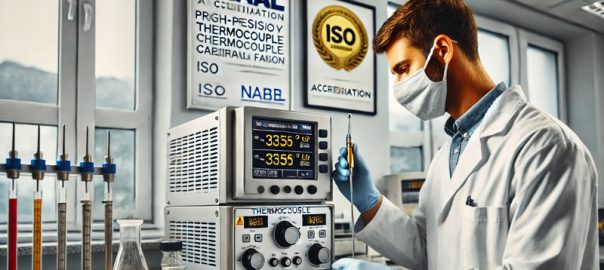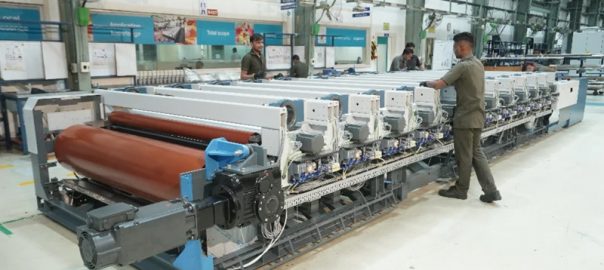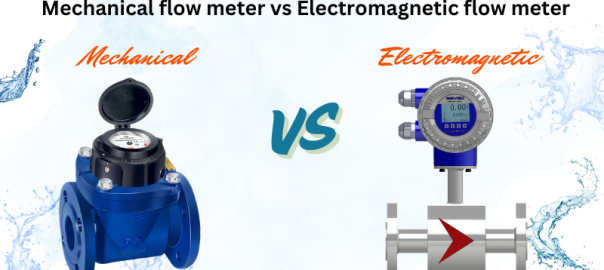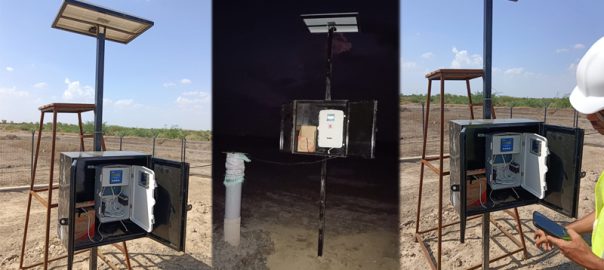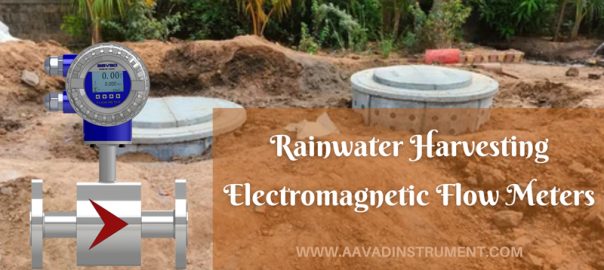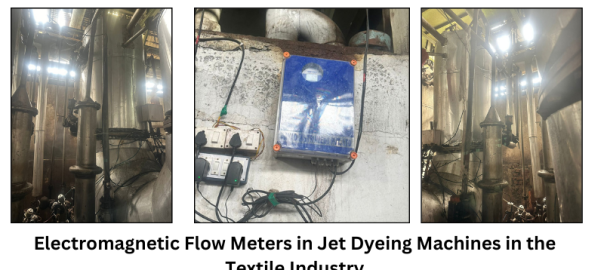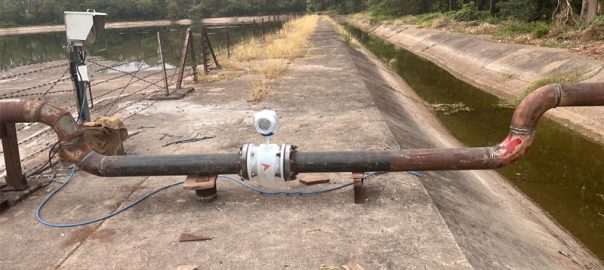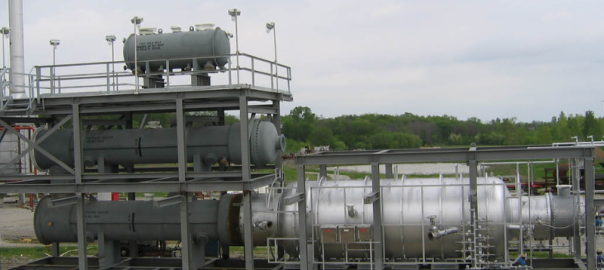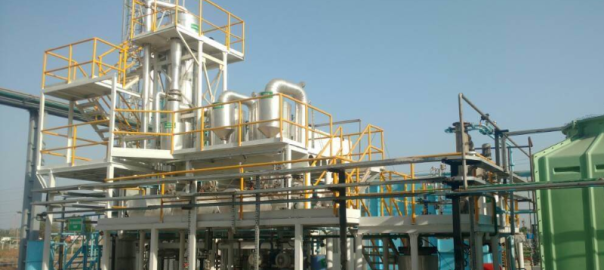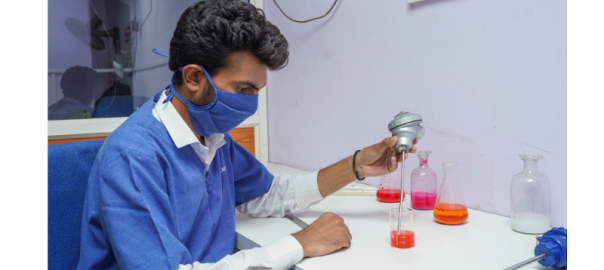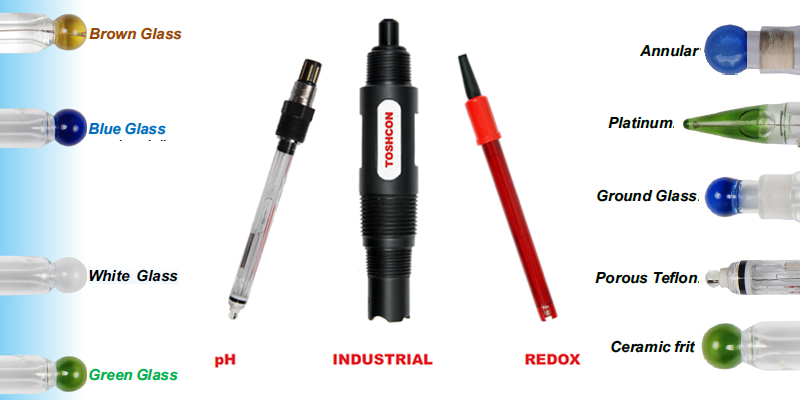
Introduction
Laboratory sensors are crucial for various scientific, industrial, and environmental applications. They provide accurate measurements that are essential for monitoring processes, ensuring safety, and maintaining quality. In this guide, we’ll explore five essential types of laboratory sensors: pH, Redox, Conductivity, Dissolved Oxygen, and Ion-Selective Electrodes (ISE). Understanding these sensors can help laboratories improve efficiency and achieve reliable results.
We are *Aavad Instrument Pvt. Ltd., proud to announce that we have obtained the authorized dealership of **Toschon, Ajmer* for online instruments. This partnership enhances our product offerings, ensuring that we provide top-quality laboratory sensors and equipment to meet your needs.
1. pH Sensors: Measuring Acidity and Alkalinity
What is pH?
pH is a scale that measures the acidity or alkalinity of a solution. The scale ranges from 0 to 14, with 7 being neutral. Values below 7 indicate acidity, while values above 7 indicate alkalinity.
How Do pH Sensors Work?
pH sensors use a glass electrode that measures the hydrogen ion activity in a solution. The glass electrode is coupled with a reference electrode, and together they generate a voltage that changes with the pH level of the solution.
Applications of pH Sensors
– *Water Quality Monitoring:* Ensuring safe drinking water by measuring pH levels in water bodies.
– *Food and Beverage Industry:* Maintaining flavor, texture, and safety by monitoring pH during food processing.
– *Pharmaceuticals:* Controlling pH in drug manufacturing to ensure product quality and safety.
– *Biological and Chemical Research:* Studying chemical reactions and biological processes that depend on pH levels.
2. Redox Sensors: Understanding Oxidation-Reduction Reactions
What is Redox Potential?
Redox potential, also known as oxidation-reduction potential (ORP), measures a solution’s ability to gain or lose electrons. This property indicates the solution’s oxidative or reductive nature.
How Do Redox Sensors Work?
Redox sensors typically use a platinum electrode and a reference electrode to measure the electrical potential difference, which correlates with the solution’s redox potential.
Applications of Redox Sensors
– *Water Treatment:* Monitoring disinfection processes to ensure water is free from harmful microbes.
– *Environmental Monitoring:* Assessing the oxidative capacity of water bodies to detect pollution levels.
– *Aquaculture:* Controlling redox potential to maintain healthy conditions for aquatic organisms.
– *Industrial Chemical Processes:* Ensuring the right conditions for oxidation or reduction in chemical manufacturing.
3. Conductivity Sensors: Measuring Ionic Content
What is Conductivity?
Conductivity is a measure of a solution’s ability to conduct electricity, directly related to the presence of ions. It provides an indirect measure of the total dissolved solids (TDS) in a solution.
How Do Conductivity Sensors Work?
Conductivity sensors measure the electrical conductance of a solution using two or four electrodes. An alternating current is passed through the solution, and the sensor measures how easily the current flows, indicating the ionic concentration.
Applications of Conductivity Sensors
– *Water Quality Monitoring:* Detecting impurities and contamination in water.
– *Chemical Manufacturing:* Monitoring the concentration of chemicals in industrial processes.
– *Agriculture:* Managing nutrient levels in hydroponics and soil for optimal plant growth.
– *Pharmaceuticals:* Ensuring the right concentration of ingredients during drug production.
4. Dissolved Oxygen Sensors: Monitoring Oxygen Levels
What is Dissolved Oxygen?
Dissolved Oxygen (DO) refers to the amount of oxygen gas dissolved in a liquid. It is crucial for the survival of aquatic life and for various biochemical processes.
How Do Dissolved Oxygen Sensors Work?
Dissolved oxygen sensors can be electrochemical or optical. Electrochemical sensors use a membrane to allow oxygen diffusion, creating a measurable current. Optical sensors use a fluorescent dye that changes in response to oxygen levels.
Applications of Dissolved Oxygen Sensors
– *Environmental Monitoring:* Assessing oxygen levels in natural water bodies to support aquatic life.
– *Aquaculture:* Maintaining optimal oxygen levels in fish farms.
– *Wastewater Treatment:* Controlling aeration processes for effective wastewater treatment.
– *Biotechnology:* Monitoring oxygen in bioreactors for optimal cell culture conditions.
5. Ion-Selective Electrodes (ISE): Targeting Specific Ions
What are Ion-Selective Electrodes?
ISEs are specialized sensors that measure the concentration of specific ions, such as sodium, potassium, calcium, and nitrate, in a solution.
How Do Ion-Selective Electrodes Work?
ISEs use a selective membrane that is sensitive to a particular ion. When the target ion interacts with the membrane, it generates a potential difference measured against a reference electrode, indicating the ion concentration.
Applications of Ion-Selective Electrodes
– *Environmental Testing:* Measuring nutrient levels in soil and water for agriculture and environmental monitoring.
– *Clinical Diagnostics:* Testing electrolyte levels in blood samples for medical diagnostics.
– *Food and Beverage Industry:* Ensuring the safety and quality of food products by monitoring ion concentrations.
– *Chemical Manufacturing:* Controlling specific ion concentrations in industrial processes.
Conclusion
Laboratory sensors, such as those for pH, Redox, Conductivity, Dissolved Oxygen, and Ion-Selective Electrodes, are integral tools in scientific and industrial applications. These sensors provide precise measurements that help maintain quality, safety, and efficiency. Understanding their functionality and applications can help laboratories optimize their processes and achieve reliable results.
As *Aavad Instrument Pvt. Ltd., we are committed to providing high-quality laboratory sensors and equipment. With our newly obtained authorized dealership of **Toschon, Ajmer*, we can offer a wider range of online instruments to meet the specific needs of our clients. Contact us today to learn more about our products and how they can benefit your laboratory!
Explore Our Range of Laboratory Sensors
At Aavad Instrument Pvt. Ltd., we offer a wide selection of high-quality laboratory sensors designed to meet the needs of various industries. Whether you need sensors for water quality monitoring, industrial applications, or research, we have the right solution for you. Contact us today to learn more about our products and how they can benefit your laboratory!

